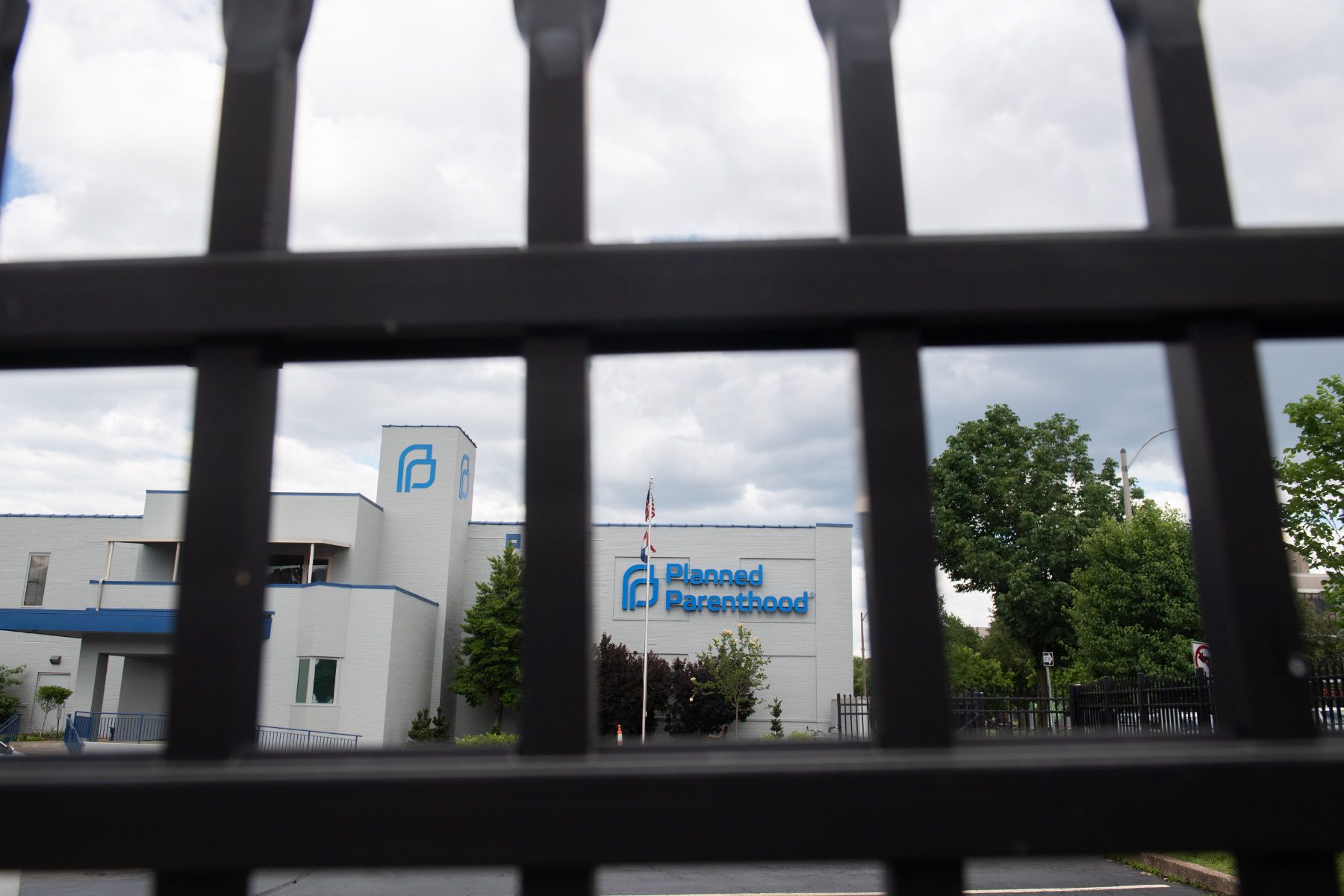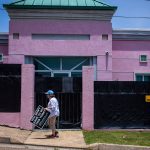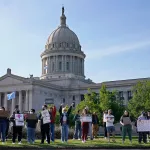In the month since Roe v. Wade was overturned, 43 abortion clinics in 11 states have stopped offering abortions.
Data from the Guttmacher Institute shows that in the seven states that are enforcing total abortion bans — Alabama, Arkansas, Mississippi, Missouri, Oklahoma, South Dakota and Texas — there are no longer any clinics providing abortions. Some of the clinics have stayed open and continued to provide other services, while others have closed altogether. Texas accounts for more than half of all the abortion clinics lost in the past month: Prior to Roe’s reversal, it had 23 abortion-providing clinics. Alabama and Oklahoma previously had five abortion clinics each. Arkansas had two clinics, and the other three had one each.
Tennessee, which is now enforcing a ban on abortions after six weeks of pregnancy, has lost four abortion clinics, leaving only three providers in the state. Georgia, which is also enforcing a six-week abortion ban, has seen one out of its 14 abortion clinics stop providing the service. The number of abortion providers in Ohio and South Carolina, which are also enforcing six-week bans, remains unchanged. Abortion access had already been tenuous in Texas, which began enforcing a six-week abortion ban in September 2021, and in Oklahoma, where a Texas-inspired ban took effect in May.
The loss of those clinics underscores just how many people are being affected by the undoing of federal abortion protections. In 2020, the last year that no states enforced a six-week abortion ban — which effectively eliminates abortion access before most people know they are pregnant — 80,500 abortions took place in the seven states that have now completely banned the procedure. More than half of those abortions — about 58,000 — took place in Texas, the second-largest state in the nation and the largest state to prohibit the procedure entirely.
In Texas, Planned Parenthood clinics are staying open and offering other forms of reproductive health care, such as contraception and sexually transmitted infection care. The finances are often trickier for independent clinics than for Planned Parenthoods. Clinics such as Whole Women’s Health and Alamo Women’s Reproductive Services have closed entirely and are planning to relocate to other states.
Some clinics that have tried to continue offering other health services are finding finances difficult to sustain since abortion had been a main source of revenue. In Tuscaloosa, the owner of West Alabama Women’s Center — which offers services like affordable prenatal care and HIV treatments — previously told The 19th that she wouldn’t be able to keep her clinic open past September.
Meanwhile, the loss of abortion-providing clinics has already put strains on providers in neighboring states. In New Mexico, a neighbor to Oklahoma and Texas, clinics are reporting wait times of three to four weeks. Clinics in Illinois and Kansas are similarly booking patients two or three weeks out. Colorado physicians worry they will not be able to see every patient who calls seeking an abortion appointment.
Providers fear that patients facing multi-week waits will be pushed further into pregnancy, potentially into the second trimester, which would require more expensive, more complex abortions as a result. Many also worry that with the loss of providers in other states, there will simply no longer be enough clinics to account for all the people who seek abortions.
“We don’t have 100 appointments a day,” Zach Gingrich-Gaylord, a spokesperson for Kansas’ Trust Women clinic, recently told The 19th. “The pressure is there to do much more with the same amount of appointments.”







